During a recent webinar with Joel Berken from Success Academy, we touched on the importance of scalability, how to build repeatable processes, the importance of scalable training, and how to make training fun. Here are some highlights from his talk.
Joel, tell us a bit about your background and what makes you qualified to speak on scalability?
Before joining Success Academy, I worked with Louisiana State Civil Service, which is basically the HR for all state agencies. What I did there was also related to scaling.
Since not everyone could travel to the state capitol to learn the best practices of their job and communication skills, I worked with them to scale their training via online courses. The assets and processes I helped create were then leveraged across each state agency location.
Now, as the Learning Manager for One Hour Heating & Air Conditioning®Mister Sparky Electric®, and Benjamin Franklin Plumbing®, I can apply my experience to the franchise world. In franchising, it’s so important to focus on consistency as a means of scaling, especially when you have over 350 locations across the US working together.
In my role today, I help create, implement and administer training in the online side of things in a way that’s interactive, engaging, and modern to support scalability across our expanding locations.
“If you want to build your business, make more money and be efficient, it starts with being intentional.”
What is the very first step to scaling your business?
Be intentional in your business and training.
If you want to build your business, make more money and be efficient, it starts with being intentional. It will not happen by accident. You must document your training and document your processes. Don’t just carry out a training activity on replacement sales because you heard that works; do it because you need it. If you have team members lacking in technical training and knowledge, create a systematic solution.
Training on the fly as the reaction to an error will not lead to scaling. It doesn’t work to just document an accident and its outcome because you won’t know how you got there when it happens again or how to fix things faster in the future.
Another reason it’s important to be intentional about documentation is when new people come in and take over aspects of a job. This documentation can quickly set up the next person for success.
“There needs to be a training schedule, and you need to follow through with the promise of career pathing. Otherwise, that will be a huge red flag for a new employee.”
How can businesses position their training and processes as assets during the hiring process?
Firstly, your training is marketing.
If I’m going through the process of hiring someone, I’m going to intentionally show them what makes us different. For example, I am going to showcase Interplay’s VR training in the interview phase. This is what you might call a “big tangible shiny object.”
We know we are not their only choice. There are easily four or five other companies with the same open position, fighting blood for blood to get technicians in there.
If they see a current employee using VR, candidates can get a sense of what it’s like to be with our company and understand that they won’t get the same state-of-the-art career training opportunities somewhere else in the area. This can help to give us a competitive advantage.
From the candidate’s perspective, they get to do this really fun training and see that their job isn’t just all about running service calls day after day. They can develop themselves and have fun as well.
Secondly, you can leverage tools like digital skills assessments as a pre-hire test to determine the candidate’s level. This serves multiple purposes.
- You can compare their technical skill level against their resume
- You can be reasonably sure what jobs they would be capable of handling right away, reducing errors and costs
- You can create a custom career path together and assign targeted training that fills technical skills gaps from day one and show them a tangible way forward to the next levels of the job.
But that brings me to my third and most important point. You must follow through.
Don’t just stage an employee using VR training because you know someone’s coming for an interview.
There needs to be a training schedule, and you need to follow through with the promise of career pathing. Otherwise, that will be a huge red flag for a new employee.
If you’re not following up with your promises, you will undoubtedly find yourself with a retention problem, stunting scalability.
“Everyone has to be aware of the overall mission and how every process and job role works together.”
What are some problems you’ve faced with scaling?
The biggest barrier I’ve faced is when not everyone is on the same page. This is where your management teams come into play. They need to make sure that they’re all playing the same game and winning together. This takes knowing your team members and keeping a pulse on your business.
If you’re all going in different directions, you’re not going to go anywhere. You can become the Titanic. This can spawn arguments and get hectic, and you just don’t want that. Everyone has to be aware of the overall mission and how every process and job role works together.
Sometimes that means having an all-hands-on-board meeting, so everyone comes together with the same understanding of training.
Maybe that means having Technicians see what the Call-takers are doing and watching them carry out their processes and scheduling.
Or perhaps a Call-taker sits in the Accounting department to understand the way billing systems work.
Maybe you even have your Technicians partner with Installers or Inventory personnel.
I know we all just want our technicians to be running service calls 24/7, but realistically, we know that will cause burnout.
It’s important to keep the bigger picture in mind so we can all come together to make things run more efficiently. I know this takes time, but every role is related to each other, and the more people understand that, the more success you’ll have in scaling.
“If you have leadership in place that’s laying out those career paths, then you won’t have to rely on dangling carrots to motivate people.”
How do you incentivize learning in a way that scales?
I sometimes feel like this question is a trap.
The obvious and easy answer is to connect it back to rewards. If you do X hours of training, I give you Y. Y can be anything from a day off to monetary value. Or even just calling out their name on a leaderboard.
However, if you have genuine connections and leaders who promote growth in the business, incentives may not always be needed.
I have a vision for my career. We all do. It’s your leader’s job to help pave that path through training and let those direct reports know how to get there. We all want to be successful, especially in our careers.
If you have leadership in place that’s laying out those career paths, then you won’t have to rely on dangling carrots to motivate people. People want to see a way forward in their careers, and the career pathways that you create together are an especially good way to motivate employees.
When you can recruit and retain your employees, then scaling will become a lot easier. You’ll have vital people in your business that you can trust, and eventually, once they top out their career pathway in that location, you can take those trusted people and promote them to a position where they can run a new shop somewhere else.
Now, this is where scalability comes full circle.
If you’re showing your talent that you’re invested in them by giving them new growth opportunities, then they are going to stay with you for the long hull. This further makes them more invested in you and your business and perpetuates that growth mindset in your newer talent.
Want to read more from Joel Berken? Check out his blog: How to Make Learning Stick: Visual Baselining in Service Team Training

Joel Berken
eLearning Manager, Success Academy
Joel Berken creates and connects meaningful learning experiences with learners across home service brands. He is the Online Learning Manager of Benjamin Franklin Plumbing, One Hour Heating and Air Conditioning, and Mister Sparky Electric. Through his franchise operations experience and learning/development background, Joel stands by the critical need for innovative learning, measuring training, and inspiring personal development.










